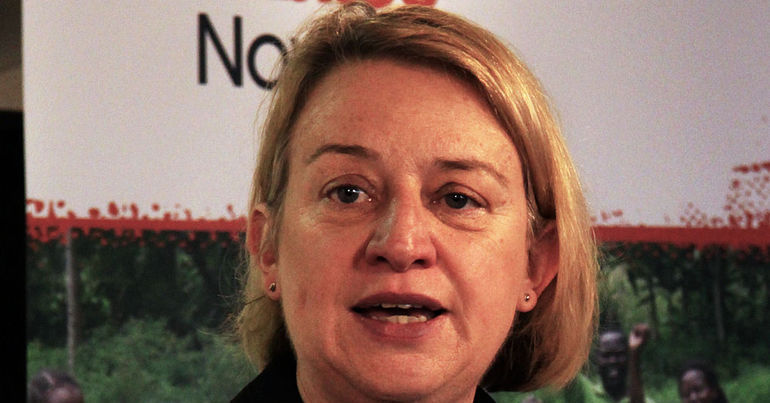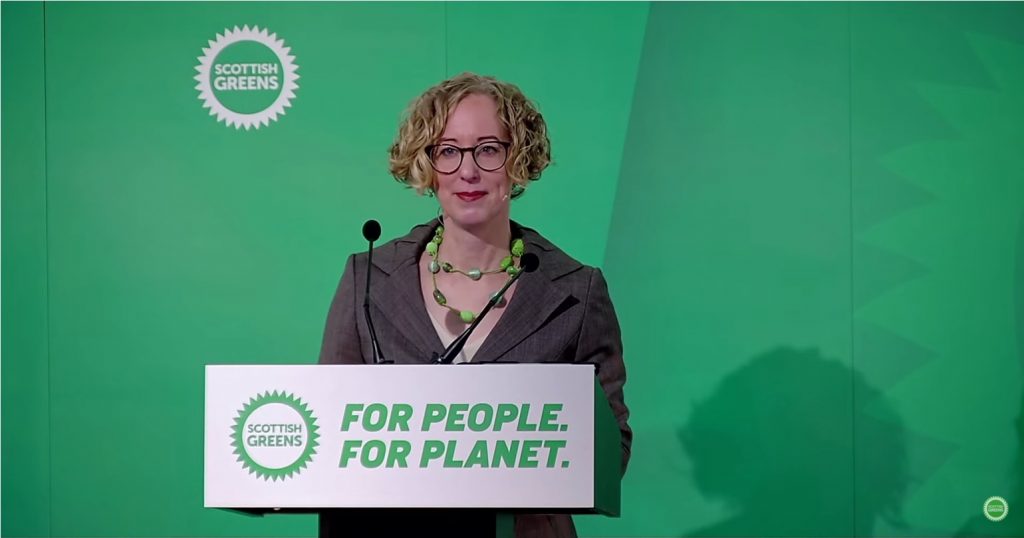The Environment Bill needs to go much further

Amendments to Bills can be opaque, impenetrable things: “delete the word ‘may’ and replace with ‘must’” and such like. Even with the increasingly standard practice of including a sentence of explanation about its purpose sometimes doesn’t add much light. But amendment 2 of the Environment Bill, being debated on Monday in the committee stage of the House of Lords, is absolutely clear.
It adds into the legal text – puts “on the face of the bill” in parliamentary language – a purpose for the bill, an explanation to guide all that follows: it is “to address the biodiversity and climate emergency domestically and globally”.
The government could have started the debate off on the right foot by declaring that it accepts the amendment, and in doing that, it would be catching up with the 74% of district, county, unitary & metropolitan councils that have, together with eight combined authorities and city regions, declared a climate emergency.
Increasing numbers are now also declaring a nature emergency – as Sheffield City Council did, led by the Green councillors, only last week. Councils that have done that range across the country, from Eden District in Cumbria to Dorset County, which is notably advanced in working to enhance the ecological value of council-owned land.
Henley Town Council, in the heart of the South’s “Blue Wall” is set to make the declaration, going further in offering its support for the Climate and Ecological Emergency Bill (which I’m hoping to table in the Lords soon, it having already been placed as a private members’ bill in the Commons) – something the Conservative Party might like to ponder in the light of the Chesham and Amersham by-election result.
But far beyond the immediate politics, what a step it would be, not just on these islands but internationally, were the UK government to formally declare a climate and biodiversity emergency. Doing that, and creating a legal obligation to act on that declaration (which the third part of the amendment does), with the two crucial international conferences, COP15 (biodiversity) and COP26 (climate), of which the UK is chair, fast approaching.
You might be thinking “haven’t they already declared a climate emergency already?” No. What you’re probably thinking of is the Commons declaration of a climate emergency in 2019, approved without a vote, and having no binding effect.
You might also be thinking that the Environment Bill has been done by now – and you’d be excused in thinking that, given it was announced as a government intention three years ago, back in July 2018, and the issues that will be canvassed as it passes through the Lords in the coming months will be well trodden, through what are now the Agriculture Act, the Fisheries Act and the Trade Act, as well as countless Statutory Instruments tackling regulatory change at the end of the Brexit transition period.
In environmental understanding in our current times, three years is an age. The agreement to work to keep warming below 1.5 degrees above pre-industrial levels – offered in 2015 in Paris as something of a sop to the small island states threatened with extinction – is now understood as a global imperative, as Christiana Figuerres was recently telling the Land Unlocked podcast.
It was Dr Lucy Crockford from Harper Adams University who in a single sentence best framed this whole forest of legislation for me: “the Agriculture Act is about controlling the inputs, the Environment Act-to-be about the outcomes”.
To put that in more political terms, it is the the Environment Bill, overseen by the Office of Environmental Protection (OEP) created by it (and there’s a lot to be said about the current weakness of that structure) that is supposed to guarantee a restoration of the currently extraordinarily parlous state of nature in the UK. The OEP also has a crucial role, with the nature and climate emergencies so intimately interlinked, in carbon emissions.
The House of Lords has a crucial role in the coming weeks, to try to make a bill conceived years ago fit for the current state of knowledge, and current understanding of the urgency of the issues it covers.
The government can be sure that this “emergency declaration” amendment – tabled by Lib Dem Lord Teverson and seconded by Labour’s Baroness Jones of Whitchurch – will be returning in full force in the next stage of the consideration of the Bill.
And if we want to put this proposal in terms comfortable for a wide range of Conservatives, I can go to consultancy firm Deloitte, which has declared there is now, in the combination of environmental, pandemic, social and economic changes, a “business emergency“. If the UK is not “world-leading” in the Environment Bill, as the government so often tells us it wants to be, the business environment will suffer as much as the ecosystems and the people.
My speech on this amendment (and the whole debate) can be found in Hansard.
PS. We hope you enjoyed this article. Bright Green has got big plans for the future to publish many more articles like this. You can help make that happen. Please donate to Bright Green now.
Image credit: Global Justice Now – Creative Commons




Reversing the loss of biodiversity is complex and significant action will be needed. This was reflected in the 2020 progress report on the 25 Year Environment Plan and the Outcome Indicator Framework. There is no single measure of ‘biodiversity’; different ecosystems, habitats and species are changing in different ways. Much of England’s wildlife-rich habitat has been lost over the last century, and whilst progress has been made in recent decades many habitats are in poor condition and getting worse, and there has been widespread species loss. The main drivers of biodiversity decline are habitat loss and land use change, pollution, invasive species, unsustainable use of our resources, and climate change. Climate change and biodiversity loss are interlinked problems, and nature-based solutions to tackle climate change will be important for reducing pressures on biodiversity and increasing investment in habitats. ’s new global targets, and the biodiversity goals in our 25 Year Environment Plan, we have an extensive programme of action. This includes developing a new Nature Strategy that will set out plans in England over the next ten years and link to related strategies, including those for Trees, Peat and Pollinators. Elements of the Nature Strategy, such as establishing the Nature Recovery Network, are underway and will be supported by measures in the Environment Bill